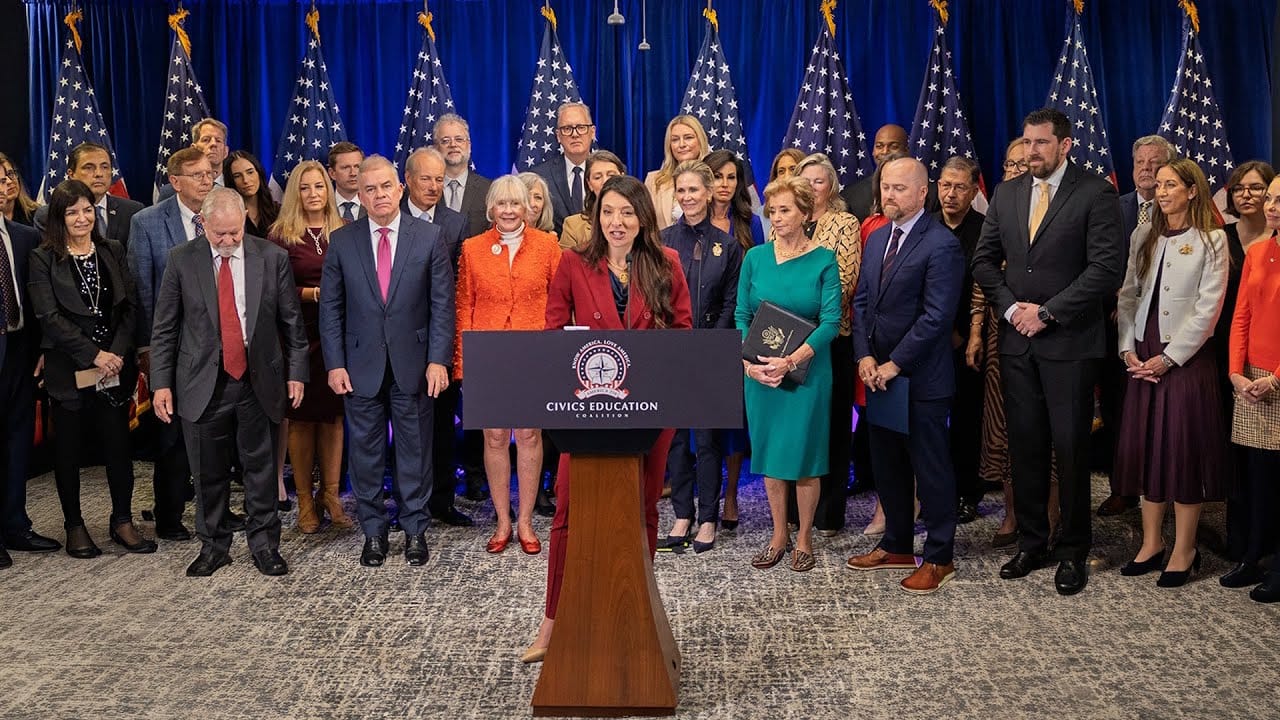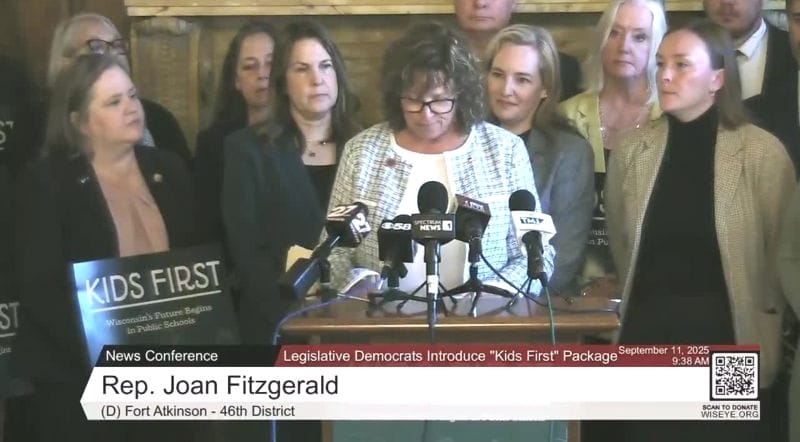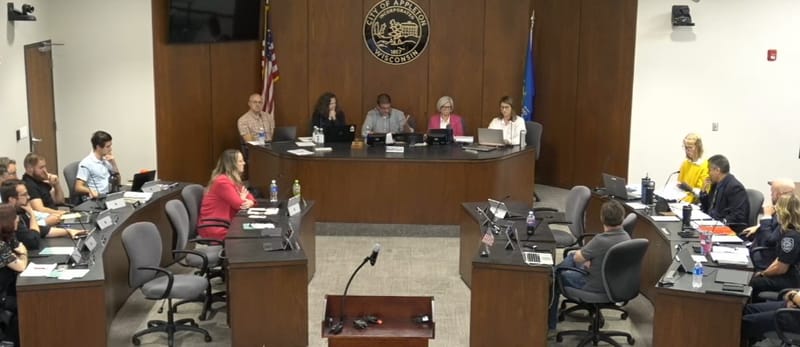Non-partisan groups warn of Trump initiative promoting ideological education
Among the groups contributing to the Trump initiative are Christian-based think tanks, groups opposed to same-sex marriage and abortion rights and free-market advocates

Ted McConnell is sounding the warning on the Trump administration’s recent announcement of its America 250 Civics Education initiative.
Led by the Department of Education and the America First Policy Institute and supported by a coalition of more than 40 conservative groups such as Turning Point USA, Hillsdale College and PragerU, the initiative’s mission is “to renew patriotism” and to emphasize “a unifying and uplifting portrayal of the nation’s founding ideals.”
In its rollout on Sept. 17, the Department of Education said it will be tying grants to programs that focus on American exceptionalism. America First Policy Institute has been critical of the current educational curriculum as focusing too much on what they call “anti-American ideologies.”
McConnell, the executive director of the Campaign for the Civic Mission of Schools, warned that “civic education is and must be non-partisan.” Furthermore, he said, avoiding uncomfortable truths about racial inequality, civil rights and slavery in favor of sanitizing the nation’s history and presenting strictly ideologically-driven curricula "smacks of authoritarianism.”
Saraj Weicksel of the American Historical Association echoed McConnell’s sentiments.
“This initiative is more interested in presenting an uncomplicated celebration of American greatness than a fact-based historical account,” she said, calling it a whitewashing of the nation’s history.
Among the groups contributing to America 250 Civics Education are several Christian-based think tanks, including Catholic Vote, Concerned Women for America, Center for Renewing America, Faith and Freedom Coalition, Priests for Life, and the Woodson Center; as well as groups opposed to same-sex marriage and abortion rights such as Alliance Defending Freedom, the Alabama Policy Institute, and the American Principles Project. The rest of the groups include an array of free-market and limited-government advocates.
Wisconsin Superintendent of Public Instruction Dr. Jill Underly said the state would push back against such initiatives.
"We teach our children to stand up to bullies, but this year, the biggest schoolyard bully in our public schools is our own federal government,” she said. "We will not allow politics or outside forces to rewrite the story of Wisconsin’s public schools. We will not stand by while the future of our children is at stake. We will fight. We will lead. And we will stand up for every student, every educator, and every community in this state."
Other concerns raised by critics of the initiative revolve around the legality of the Department of Education using federal funds to direct partisan curriculum. The Trump administration has already announced the redirection of federal money to support the project.
While acknowledging the need for a more civics-based approach to education, McConnell said this was precisely the wrong way to go about it, noting that the administration failed to seek out any consensus from educators or other stakeholders or any groups that weren’t explicitly aligned with conservative thought, calling it top-down and politically motivated.
Among other non-partisan groups critical of America 250 Civics Education but which nonetheless recognize the need for redirecting educational efforts toward long-ignored civics education are iCivics, the National Park Service, the American Association for State and Local History (AASLH) and Yale University.
AASLH had already prepared guides for celebrating America’s 250th anniversary that addressed its broader, complex history. Yale University and iCivics, a non-profit, non-partisan organization founded by former Supreme Court Justice Sandra Day O’Connor and dedicated to providing civic education resources to teachers and students, focuses on primary sources to encourage inquiry-based learning.
The National Park Service encourages diverse perspectives for civics instruction, using historical sites to connect with more abstract historical themes.
Trump has redirected $137 million designated initially for programs for minority students to schools adopting the initiative. America First Policy Institute plans to begin developing and redistributing new resources, lessons and teaching tools that align with the ideological goals of the program.






